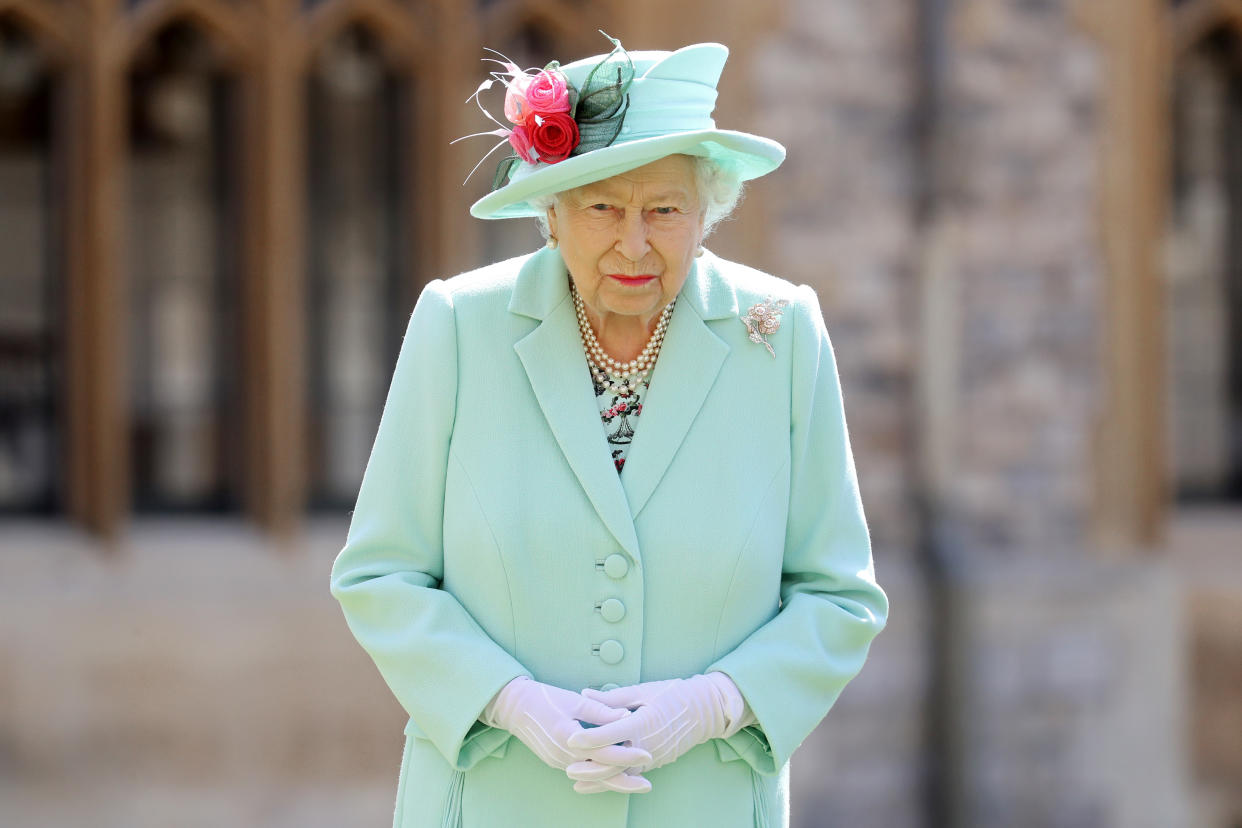The Queen's properties across the UK have lost £500m in value

The coronavirus pandemic has forced a £552.5m ($717m) write-down of the Queen’s regional property portfolio across the UK.
In annual results published on Friday, the Crown Estate — which manages property held by the monarch — revealed that it had downgraded the value of its portfolio to £13.4bn, a fall of 1.2%.
The properties generated £345m — up from £343.5m the previous year — of net income for the year to 31 March, an increase of 0.4% on the previous year. It was driven by disposals and lease negotiations in central London, as well as by growth in offshore wind operations on the seabed owned by The Crown Estate around England, Wales and Northern Ireland.
All of the registered company’s profits go to the UK Treasury, which passes on 25% of profits — with a two-year time lag — to the Queen through the sovereign grant.
The economic shock from the COVID-19 crisis prompted the company to make staggered payments to the Treasury, paying £87m in July with more payments to follow as “trading conditions develop.” The company announced it took unprecedented steps to ensure it had enough revenue saved up to combat the drop in rental income. The sovereign grant payment was not impacted by this decision, the Treasury said.
The Crown Estate’s CEO, Dan Labbad, said: “The West End is slowly filling up again. We’ve seen most of our retail and food and beverage come back and want to open where they are still trading. There have been a number of CVAs and administrations.”
Labbad, hailed the government’s Eat Out to Help Out scheme — that ended last month — saying it “helped” the company’s “food and beverage tenants.”
READ MORE: UK retail sales rebound continues in August with fourth month of growth
So far, the company has collected 52% of rents from its retail tenants in central London, while rental take outside the capital was 53%, it also collected 88% of rents from offices in central London.
In the year to date, profits were reduced by a £12.9m bad debt provision as it expects a rise in the number of retailers falling into administration or adopting a company voluntary arrangement (CVA) — a procedure that allows a company to settle debts by paying only a proportion of the amount that it owes to creditors.
Previously, the Centre for Retail Research, which tracks the impact of CVAs, said 313 shops were closed in 2019 using CVAs, costing over 26,000 jobs. It found CVA usage increased by 30% between 2015 and 2019.
READ MORE: Coronavirus: London mayor Sadiq Khan resurrects plans to freeze rents
Coronavirus lockdown measures has caused retailers and office tenants to struggle to make payments, due to working from home guidance, with retailers warning of more store closures and job losses if Brits don’t get back to the office.
In early September, chief executive of the British Retail Consortium (BRC), Helen Dickinson OBE, said: “Unless businesses and government can successfully persuade office workers back into city and town centres, some high street retailers will be unable to afford their fixed costs.
“Government will need to act fast or September will see more shops close and more job losses realised.”
In the last few months major companies sold office spaces to accommodate changing work patterns, with BP (BP.L) announcing in late August that it was planning to sell its headquarters.
But despite the devaluation of its property, value of its energy, minerals and infrastructure was up by 8% to almost £2bn as offshore wind-generating capacity increased by 1.6 gigawatts to a total of 9.3GW. With the Crown Estate saying plans for a 20.7GW of potential projects were in the pipeline.
The Queen owns properties on London’s Regent Street and St James’s as well as malls and retail parks across the UK, as well as rights to seabeds around the British Isles.

 Yahoo News
Yahoo News 
